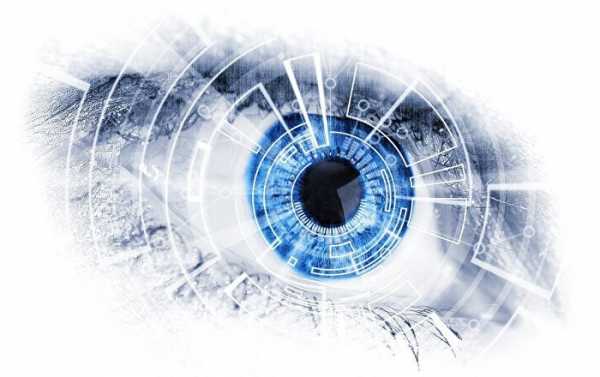
Artificial Intelligence could be a “game changer” and help save the lives of the most vulnerable people in the world according to Microsoft meanwhile tech giants must to more to tackle online exploitation.
Microsoft’s AI for Humanitarian Action program is investing US$40 million over the next five years and is focusing on disaster response, children’s needs, refugees and human rights.
The tech giant is partnering with the World Bank, the United Nations to work on predicting famines and intends to use Artificial Intelligence to help predict upcoming disasters and where best to target aid.
“We believe that technology, like artificial intelligence combined with cloud technology, can be a game changer,” Microsoft president Brad Smith said in a blog.
“Helping save more lives, alleviate suffering and restore human dignity by changing the way front line relief organizations anticipate, predict and better target response efforts,” Smith said.
“We are hopeful the world will see what a compelling force for good AI can be when it’s used well in partnership with innovative NGOs,” Smith says in his blog.
“By ensuring technology fulfils its promise to address the broadest societal needs, we can empower everyone to achieve more.”
AI is often associated with negative rhetoric about the potential it has to take over jobs and distribute work among robots away from humans.
However the UK’s Home Secretary recently called on technology companies including Facebook and Google to do more to combat online child exploitation.
Sajid Javid said he was “demanding” companies like Facebook, Google and Microsoft adopt “more measures” or face further legislation.
Britain’s Home Secretary said websites were refusing to take the abuse of children online seriously enough, especially the growing problem of live streaming child abuse online.
Mr Javid says he want to see the firms tackle child exploitation with “the same level of commitment” shown in fighting extremism online.
Tech giants Facebook and Microsoft say they are committed to tackling the issue. Google says it is making an AI toolkit available to companies to help them detect, report and combat child sexual abuse images online.
Google claims the technology can scan images for abusive content making it possible for reviewers to discover and challenge 700 percent more content.
“Identifying and fighting the spread of child sexual abuse material is an ongoing challenge, and governments, law enforcement, non-government organization and industry all have a critically important role in protecting children from this horrific crime,” Google product manager Abhi Chaudhuri and engineer Nikola Todorovic said in a statement.
“While technology alone is not a panacea for this societal challenge, this work marks a big step forward in helping more organisations do this challenging work at scale,” they said.
Tech Against Trafficking
Meanwhile the UK’s International Development Secretary Penny Mordaunt told the United Nations general assembly in New York, more tech leaders are needed “to tap into the expertise of those at the forefront of technological innovation, if we are going to successful in this fight [against modern slavery.]”
In a speech, Penny Mordaunt told the audience in New York on Tuesday 24 September the UK “will take action to eliminate slavery from our own public procurement practices alongside a review of our Modern Slavery Act.”
“And the message here is clear. Doing business with the UK requires you to act responsibly,” she said.
Sourse: sputniknews.com






